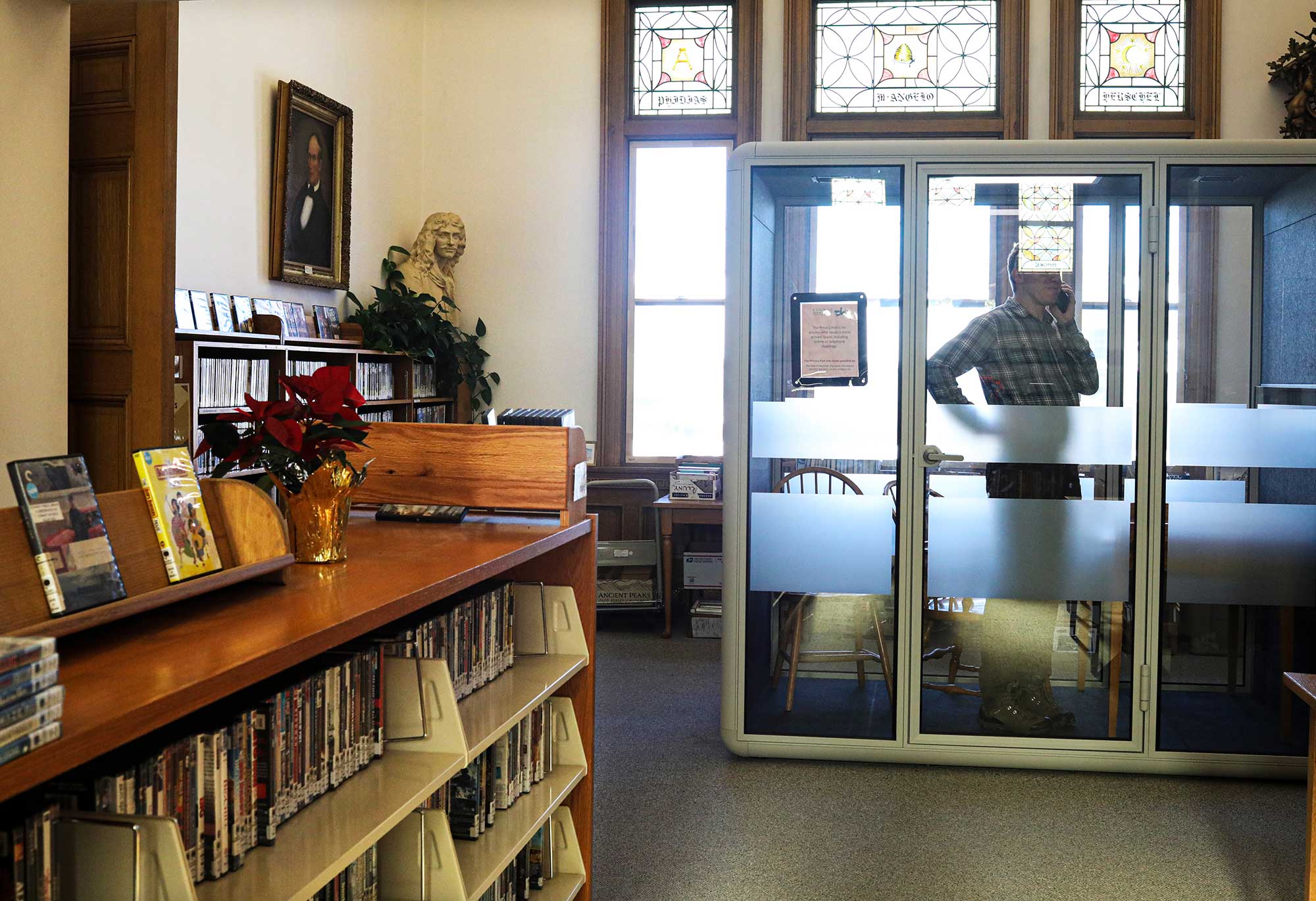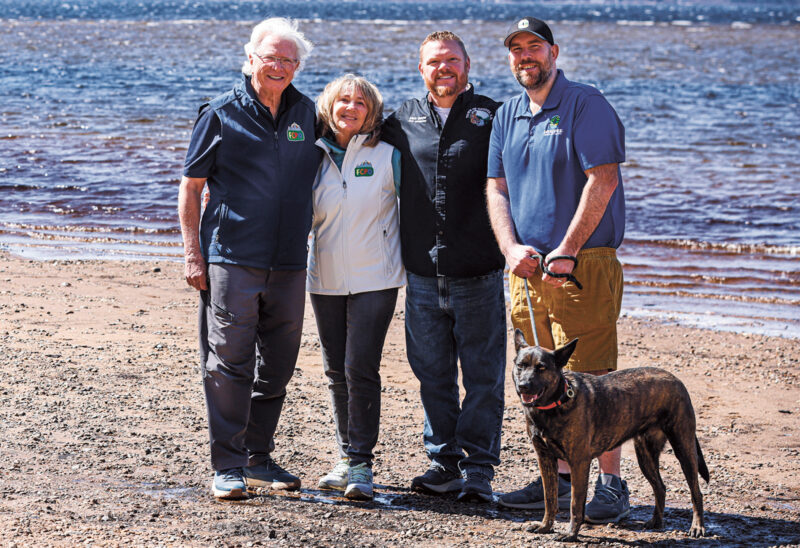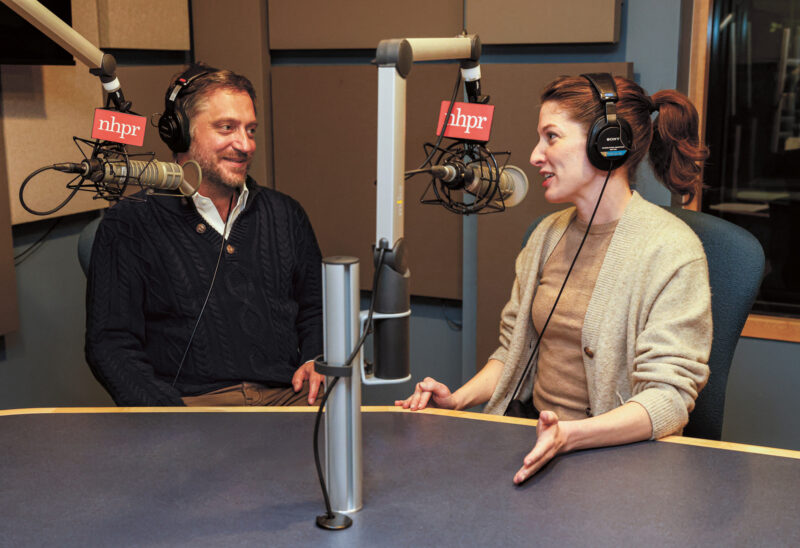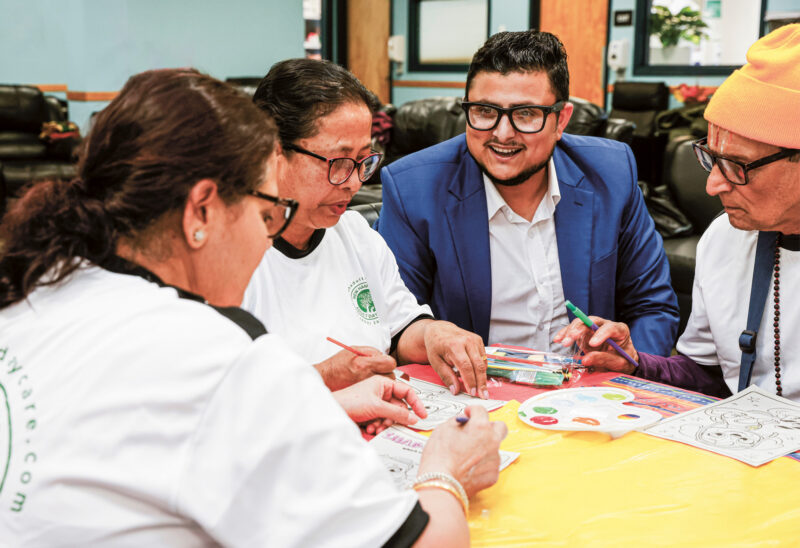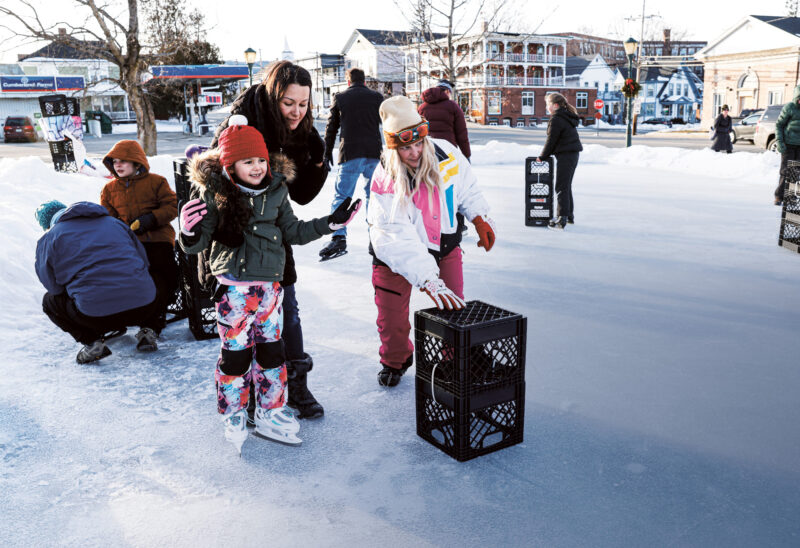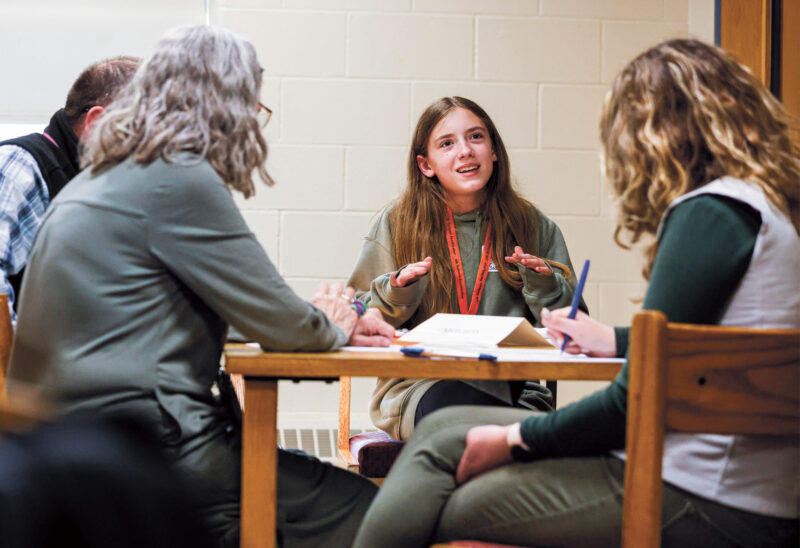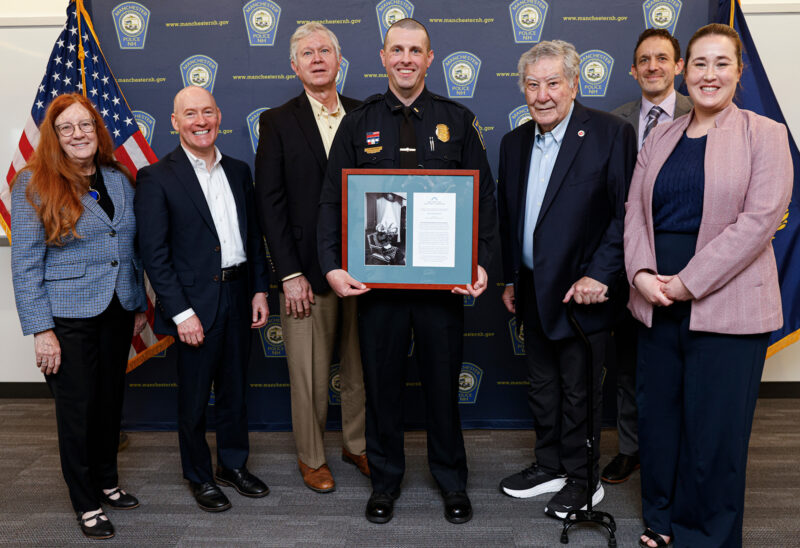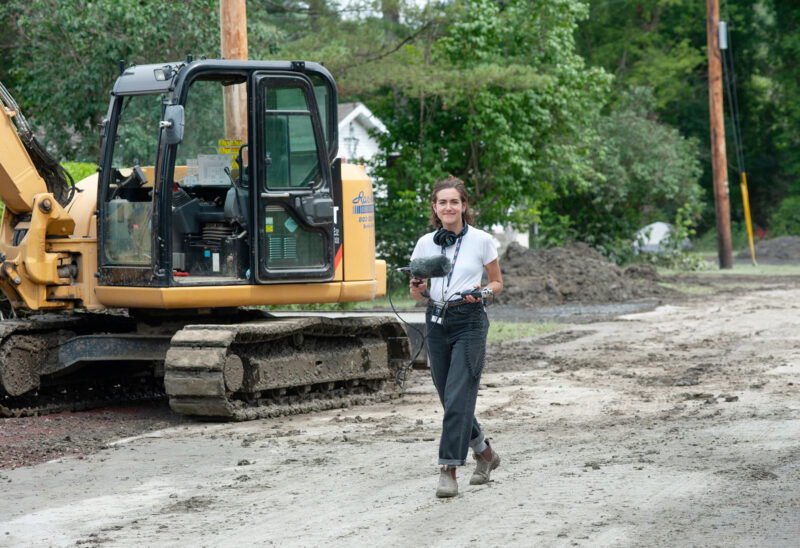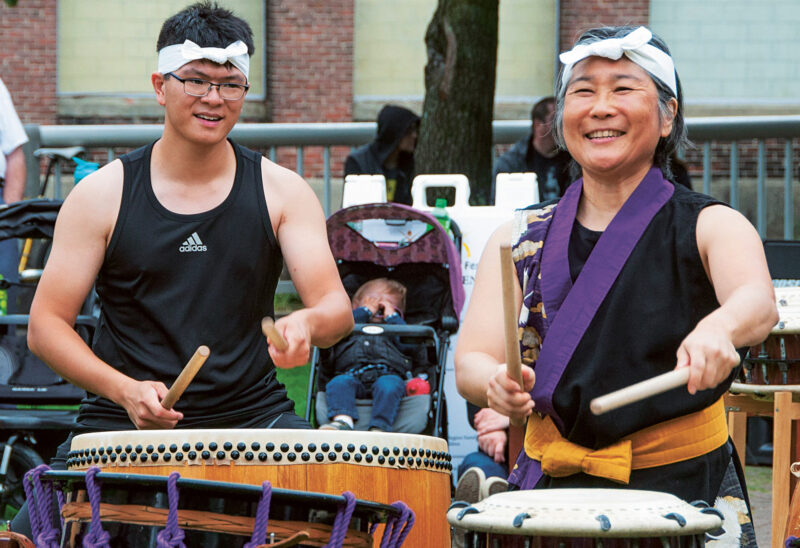In many rural New Hampshire communities, when residents need to apply online for jobs or renew a driver’s license, they go to their local library to use public computers.
Telehealth appointments? Remote work meetings? Many go to the library.
Court date? Zoom calls with distant relatives? Go to the library.
The increased technology needs have been a challenge for librarians. Some have made do with decade-old computers as more patrons without reliable wi-fi service at home increasingly used libraries for internet access during the early phases of Covid-19 pandemic — and have continued to do so.
“At many libraries, public or staff computers or their operating systems are out of date and computers are running slowly,” said Brittany Overton, Adult Services Librarian at the Hooksett Public Library. “At some, every computer had been donated more than a decade ago. They work, but they are not ideal for staff or patrons, especially when libraries are seeing people without technology at home coming in to use the public computers.”
Thanks to a generous donation, the New Hampshire Charitable Foundation was able to develop the New Hampshire Library Technology Grant Program in 2021 to help rural and under-resourced libraries meet the increasing need for online access by supporting technology upgrades, distance learning and staff training. A group of New Hampshire librarians advised the Foundation on the creation and implementation of the grant program.
The grants have enabled many small, rural libraries to update basic technology. Grants have been used for new public and staff computers, computer literacy instruction for patrons, videoconferencing equipment, staff training and technology training for grandparent caregivers.
Conway Public Library Director David Smolen noticed that during the early part of the pandemic, when hospitals and medical practices restricted in-person visits, many residents used library internet access for remote medical appointments.
A grant from the Library Technology program combined with one from the National Library of Medicine enabled the library to buy a privacy pod — basically an oversized phone booth — to help keep those patient-doctor discussions confidential.
“During the pandemic, there was obviously a need for anything that facilitated remote work or remote communications, and telehealth was one of those needs,” Smolen said.
Sitting at a table in the pod, patrons can use their own laptops or borrow one from the library. The sound-insulated pod can fit two people. Conversations cannot be heard outside the frosted glass walls, which also offer some visual privacy.
The pod can be reserved through the library’s website.
Kim Murdoch, director of communications for NAMI New Hampshire, uses the pod regularly to work remotely and stay in touch with the mental health organization’s office in Concord.
“I come once or twice a week and sit in the pod for a couple of hours and I easily get two to three times the amount of work done than I would if I was working at home,” she said.
Murdoch is fortunate to have adequate internet at her Mount Washington Valley home, but called the pod “a wonderful oasis” for single-tasking (not multi-tasking) and avoiding home distractions.
She sees the pod as a community benefit — enabling people who work remotely or live alone to connect with others online and connect in-person with the library staff or neighbors.
Other grants have had a more direct impact on community connections.
When Overton was director of the Minot-Sleeper Public Library in Bristol, the library was awarded a grant to pay the annual access fee for ten mobile internet hotspots — small devices that carry internet service to remote places, even a local mountaintop.
A local church borrowed a hotspot in 2022 to livestream its Easter Sunrise Service from Inspiration Point, which overlooks the town. Those in the community who could not trek to the summit could be part of an event that was important to them.
“People are looking to connect the community in creative ways that hotspots can support,” Overton said.
Overton helped advise the Charitable Foundation as it developed the Technology Grant program. Knowing that applying for grants can be intimidating, and knowing that some libraries operate with a staff of a single librarian with no time to complete lengthy applications, she worked to help ensure the process was accessible and simple to complete.
She is happy so many small libraries have received grants to help make their operations more efficient and improve important services to their communities.
Even as communities work to expand broadband access and bridge what Smolen and Overton call the “digital divide,” communities still will rely on libraries to help fill gaps between residents who have reliable internet service and those who do not.
“We know there are a number of people in every community in New Hampshire, even if broadband service was available to all, who still would not have the resources to connect,” Overton said. “So, libraries have always been the great equalizer.”

